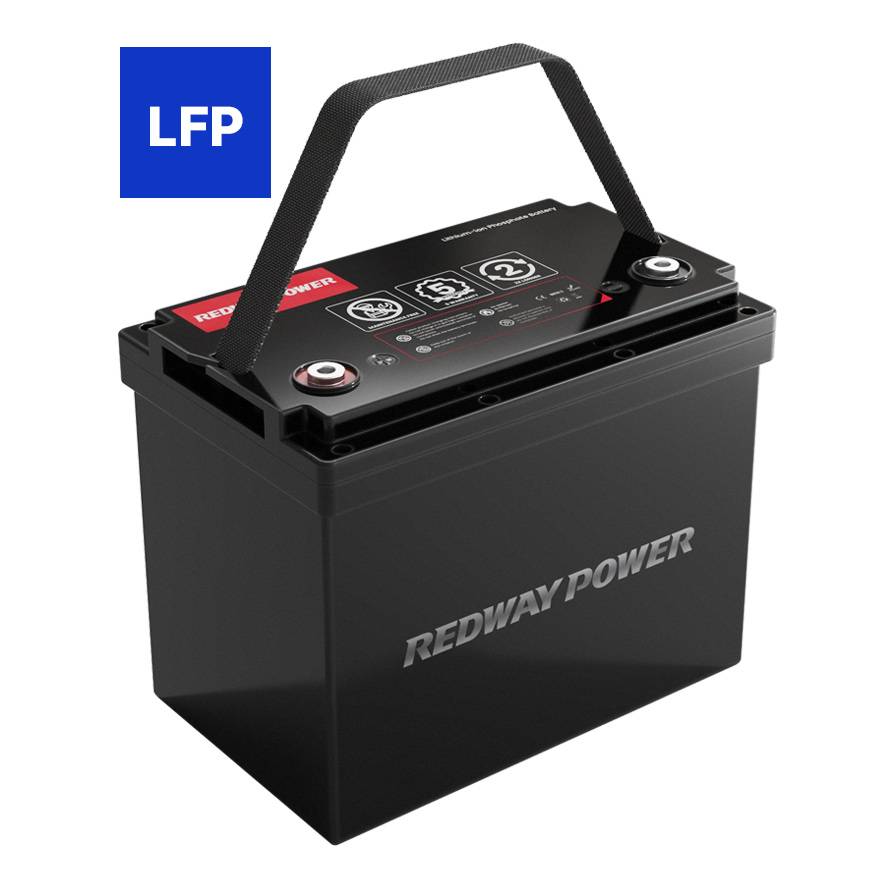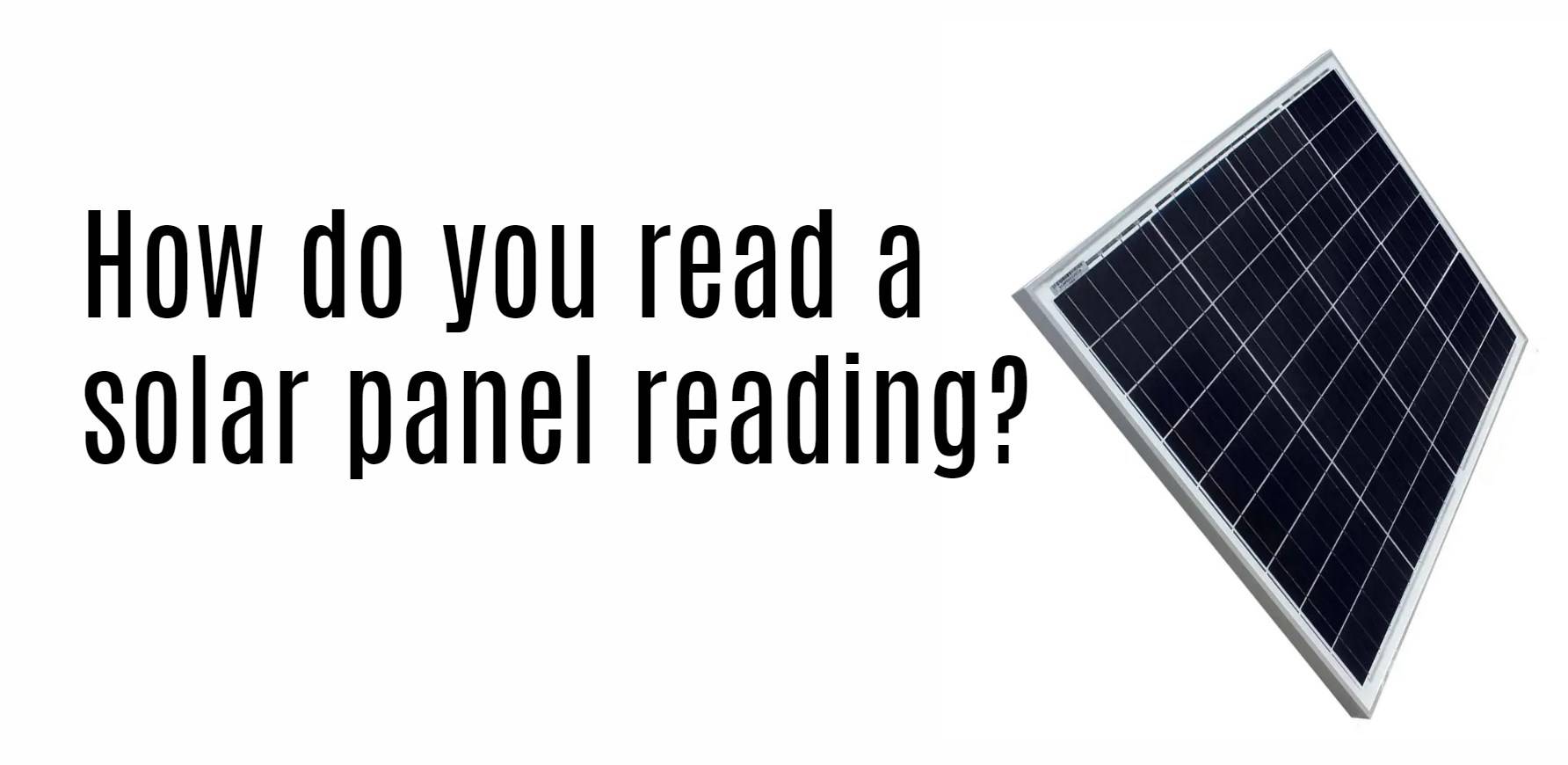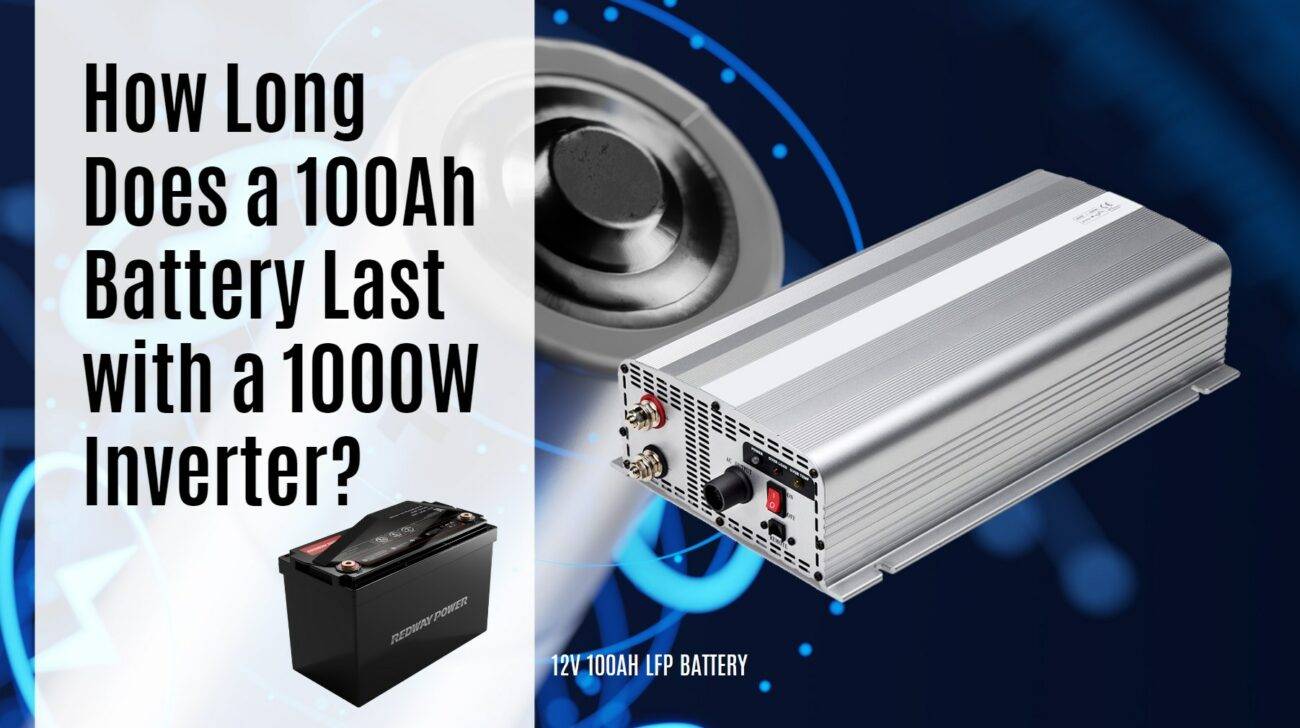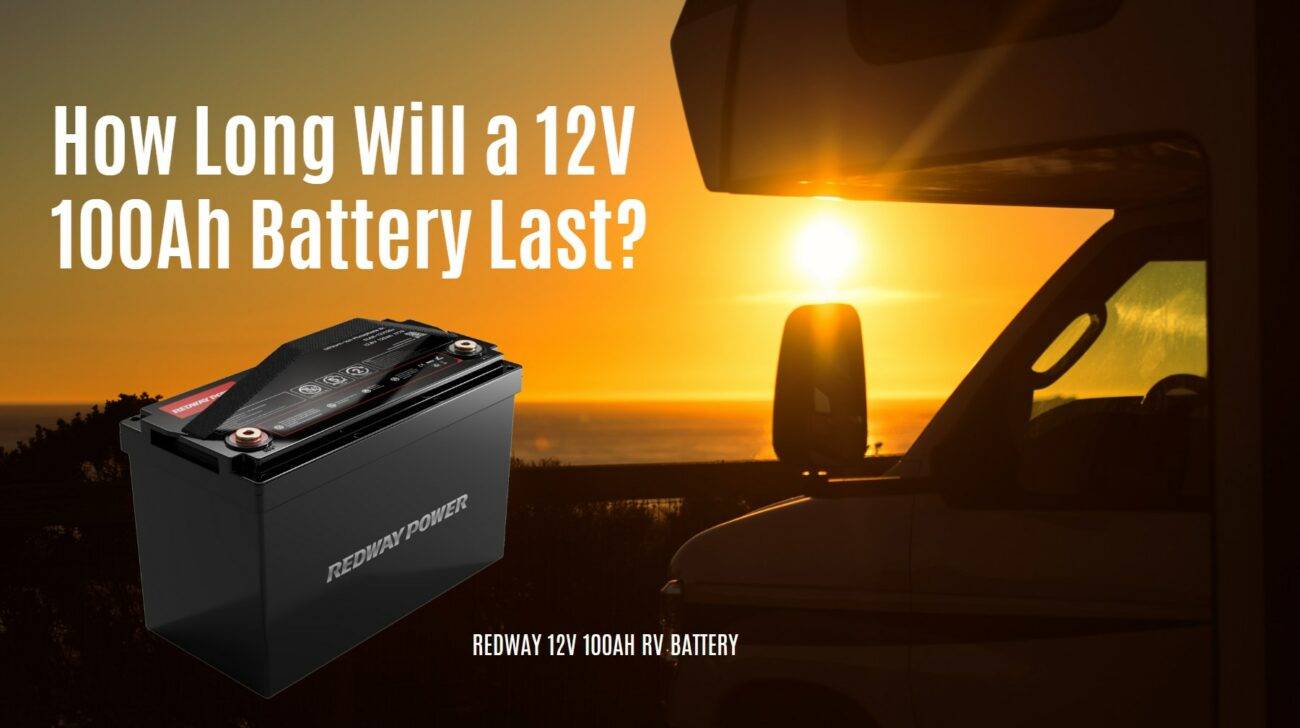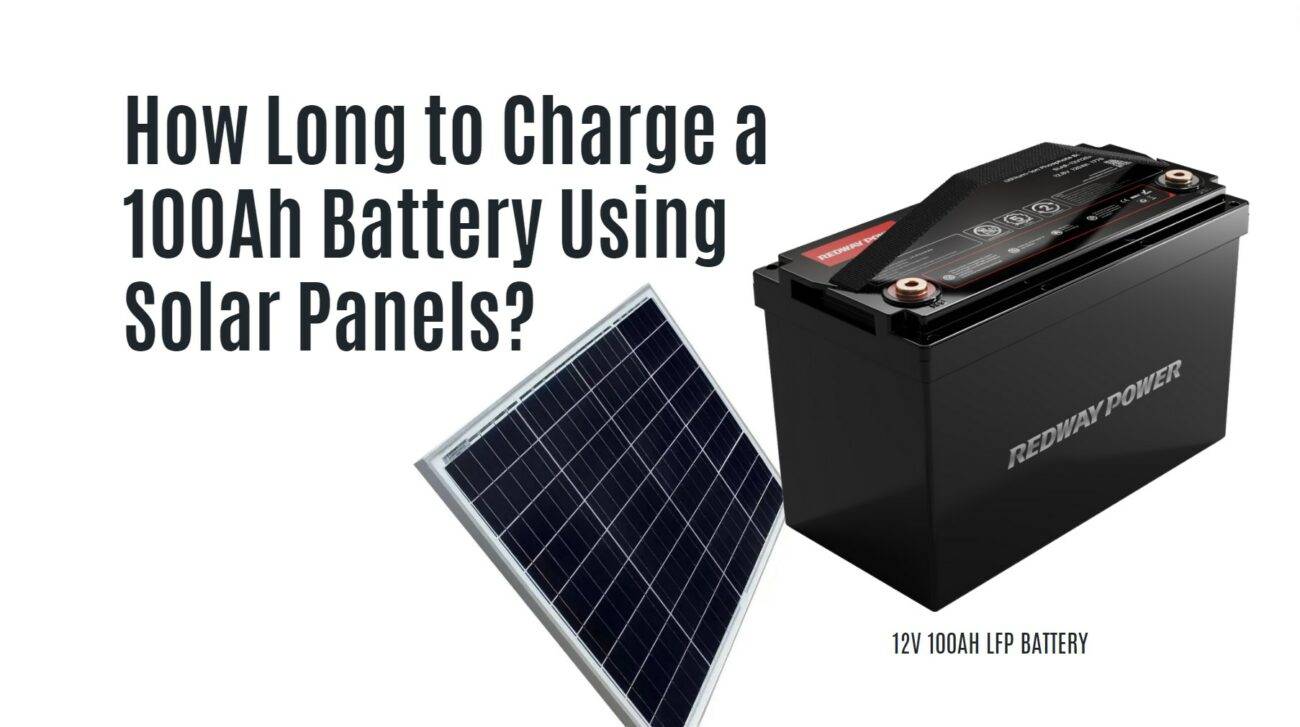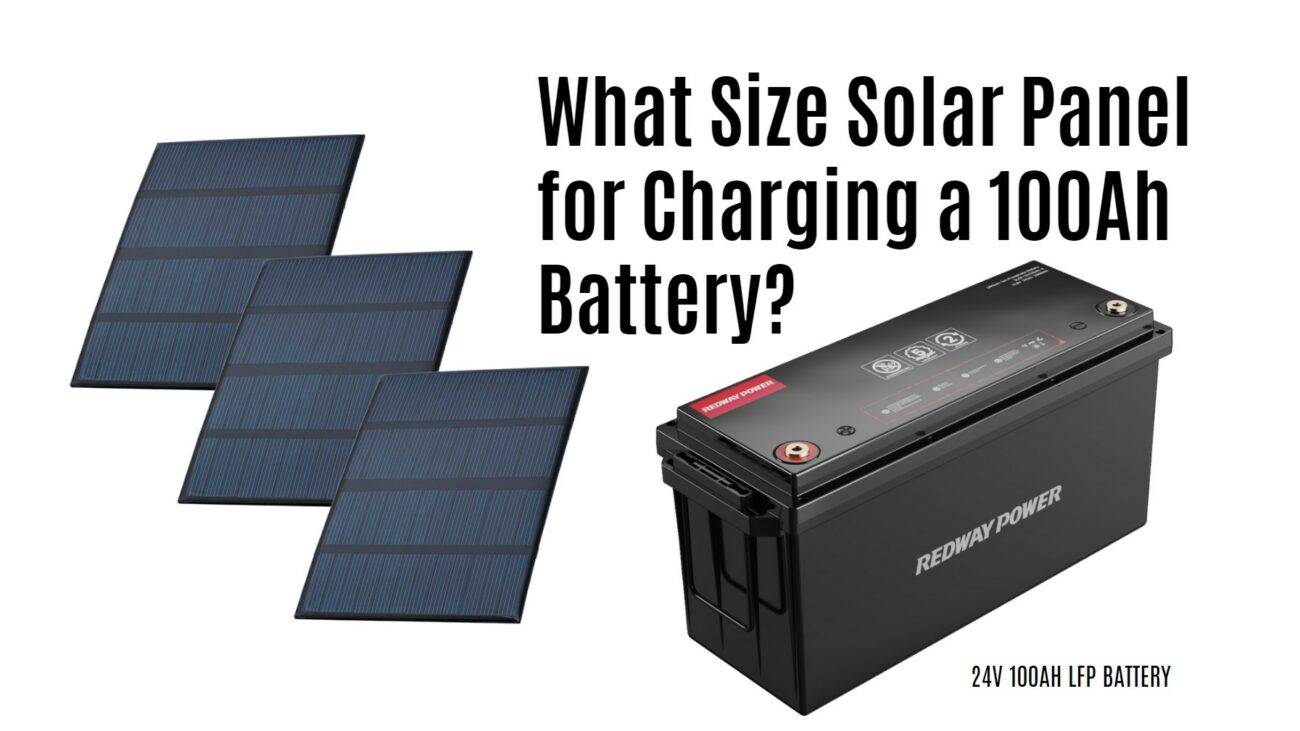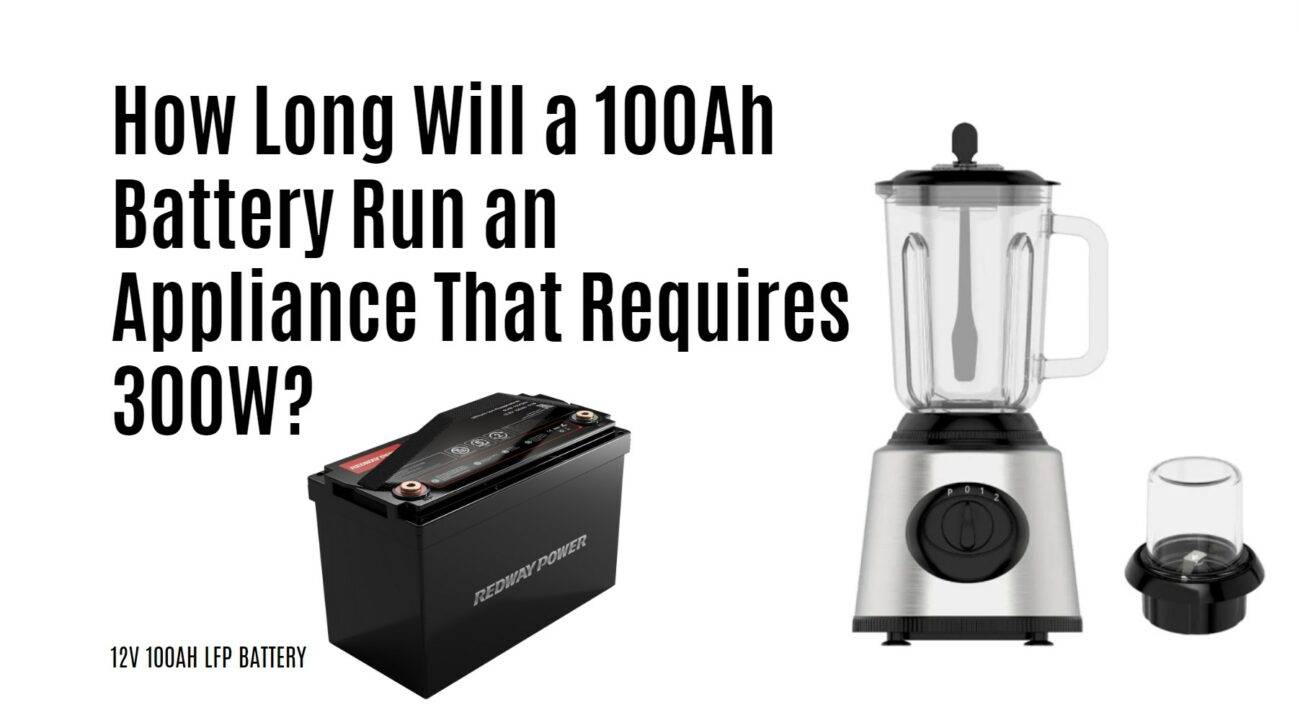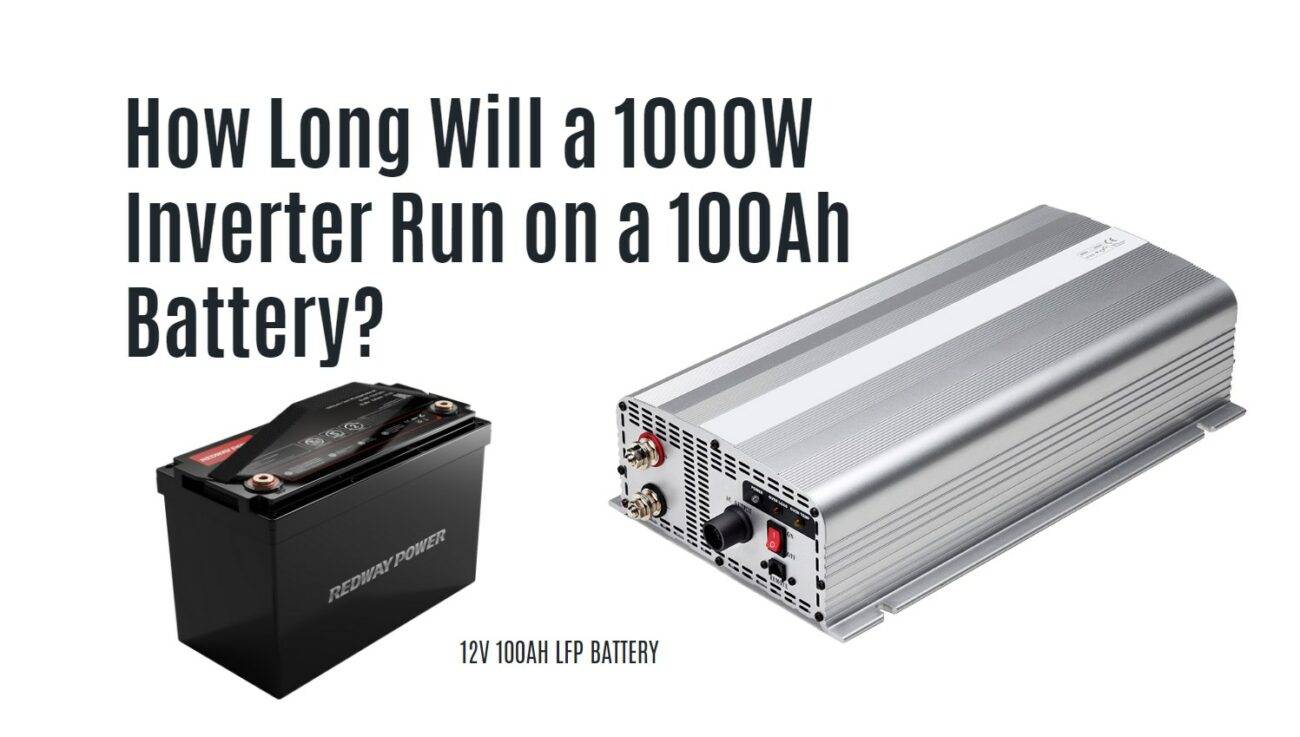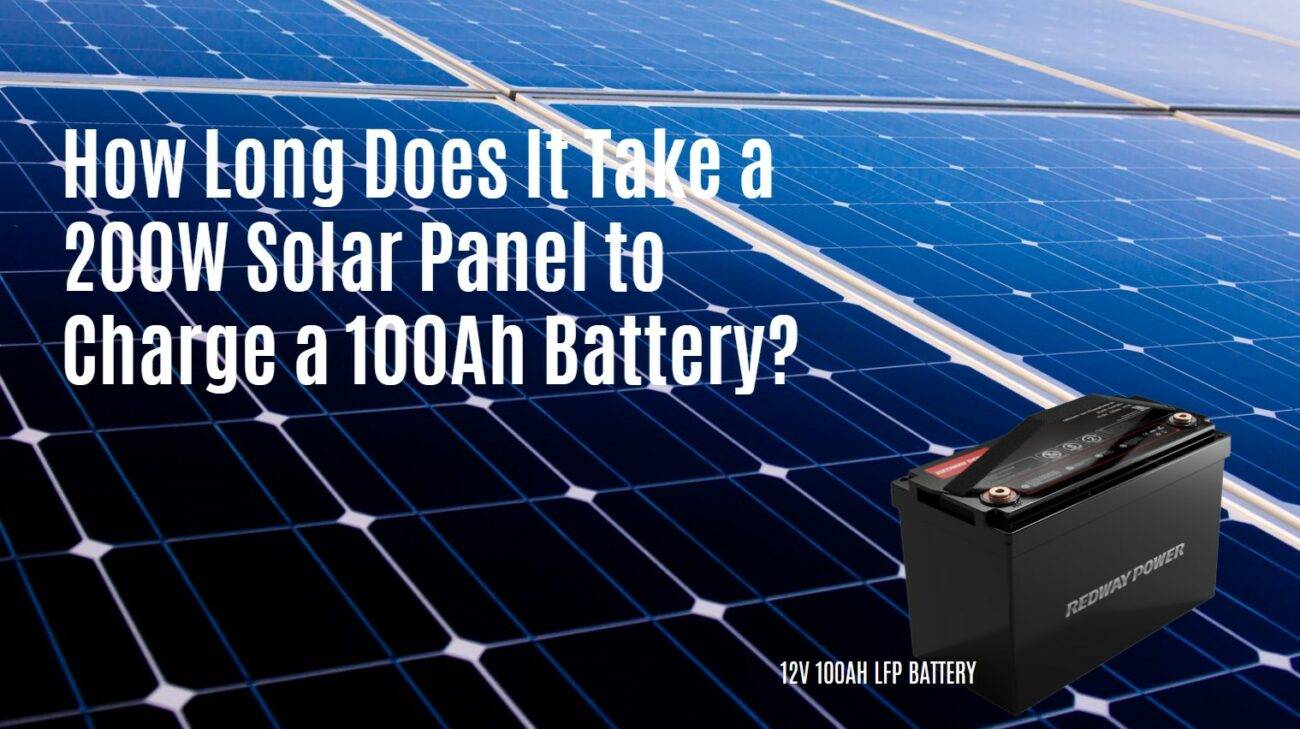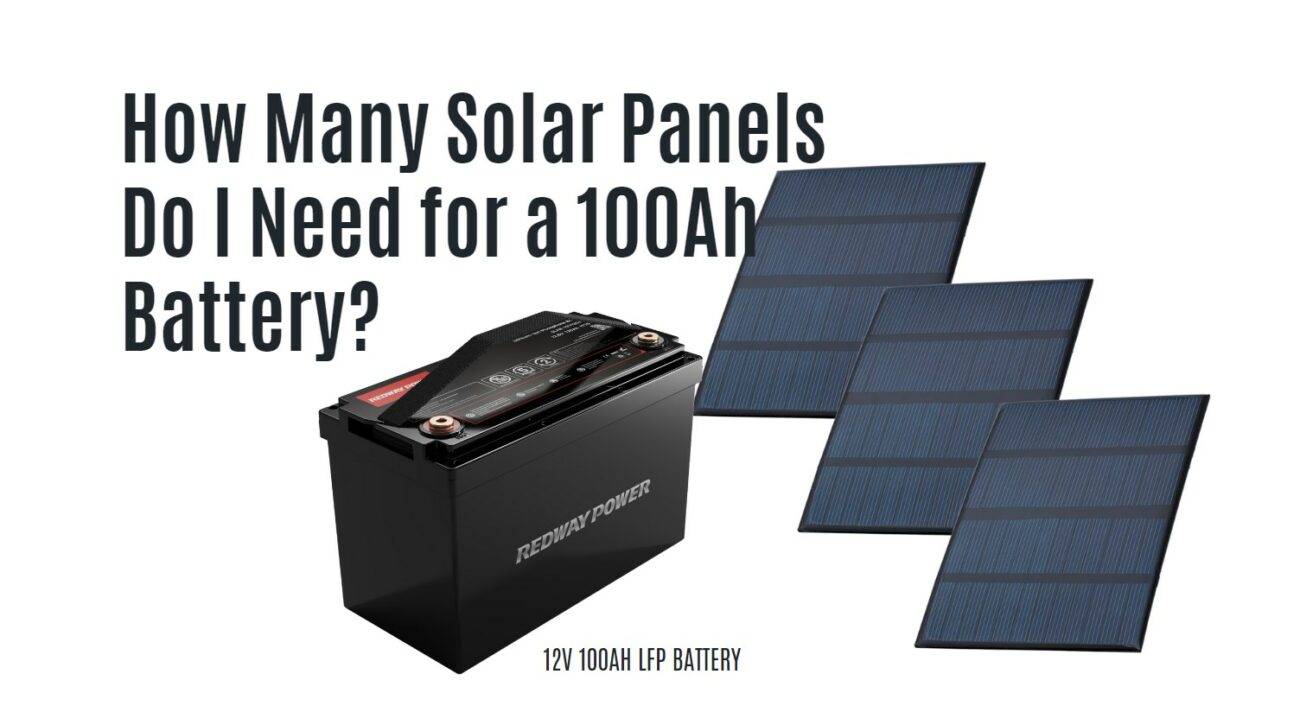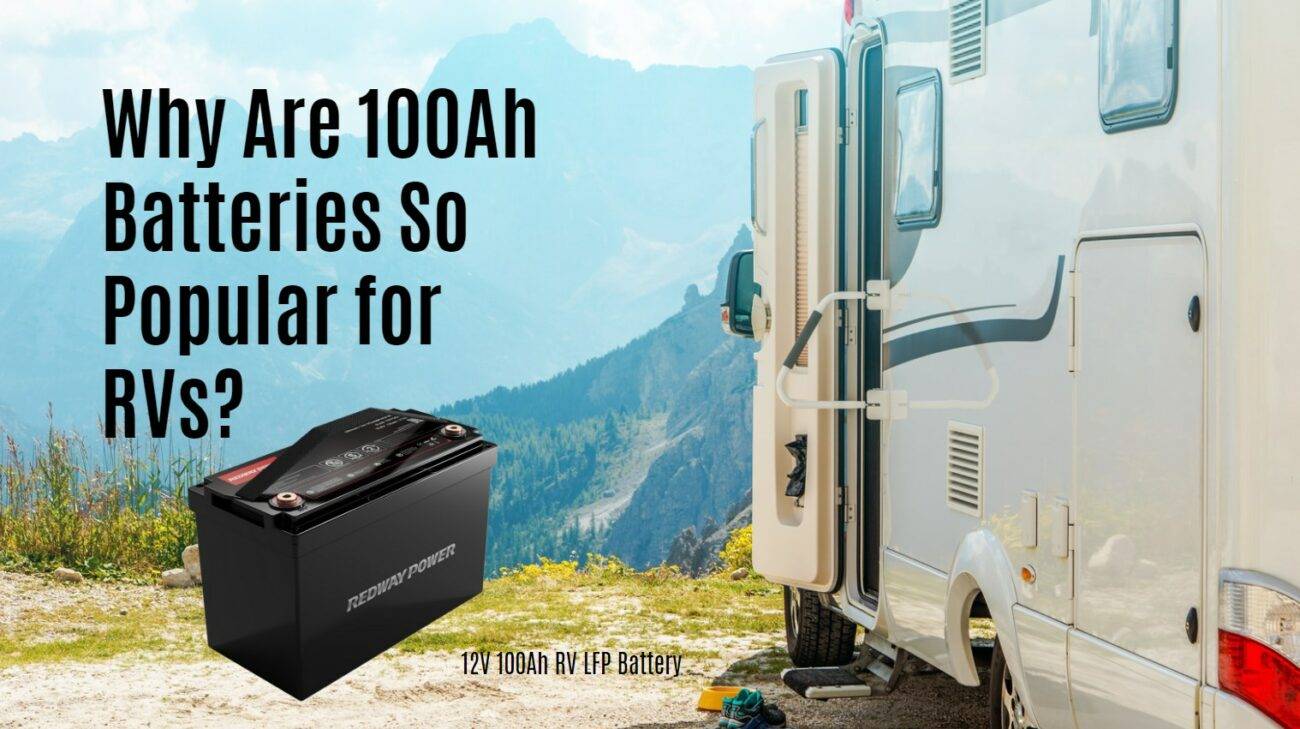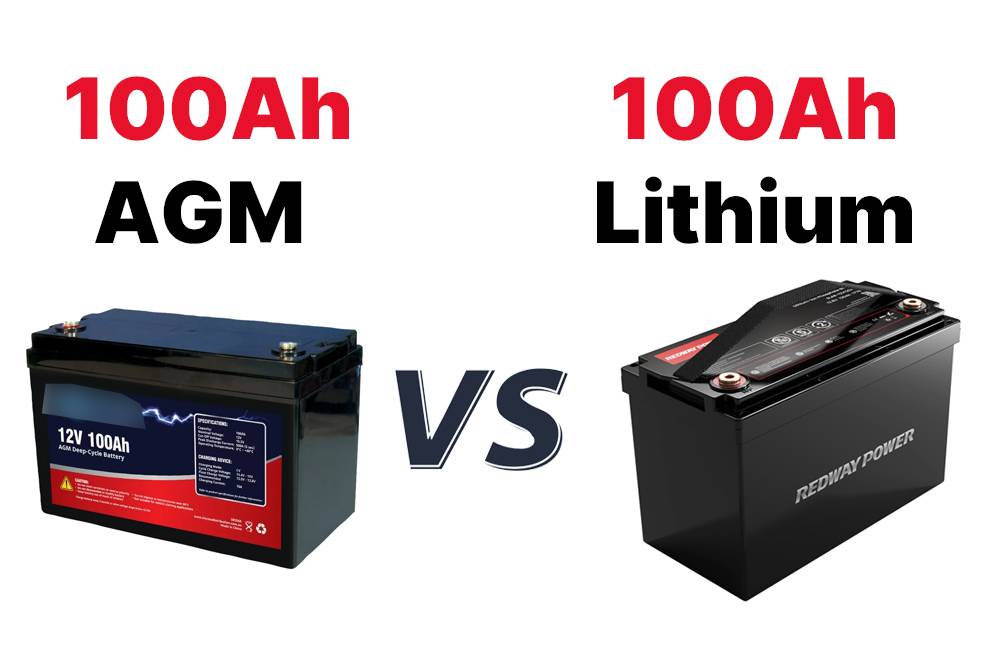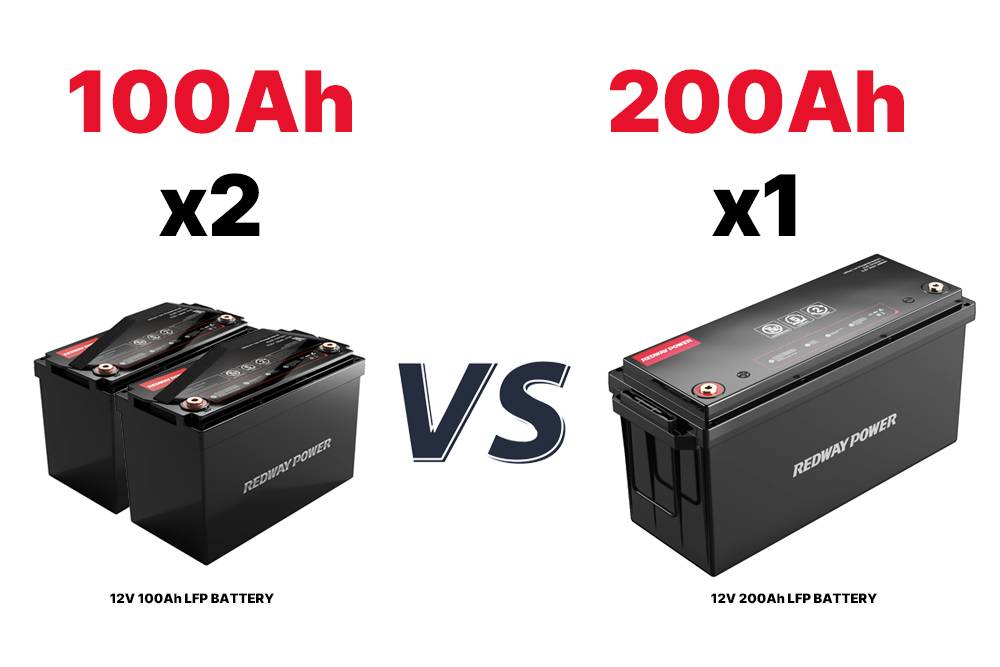- Forklift Lithium Battery
-
48V
- 48V 210Ah
- 48V 300Ah
- 48V 420Ah (949 x 349 x 569 mm)
- 48V 420Ah (950 x 421 x 450 mm)
- 48V 456Ah
- 48V 460Ah (830 x 630 x 590 mm)
- 48V 460Ah (950 x 421 x 450 mm)
- 48V 460Ah (800 x 630 x 600 mm)
- 48V 460Ah (820 x 660 x 470 mm)
- 48V 500Ah
- 48V 560Ah (810 x 630 x 600 mm)
- 48V 560Ah (950 x 592 x 450 mm)
- 48V 600Ah
- 48V 630Ah
-
48V
- Lithium Golf Cart Battery
- 12V Lithium Battery
12V 150Ah Lithium RV Battery
Bluetooth App | BCI Group 31
LiFePO4 Lithium
Discharge Temperature -20°C ~ 65°C
Fast Charger 14.6V 50A
Solar MPPT Charging - 24V Lithium Battery
- 36V Lithium Battery
- 48V Lithium Battery
-
48V LiFePO4 Battery
- 48V 50Ah
- 48V 50Ah (for Golf Carts)
- 48V 60Ah (8D)
- 48V 100Ah (8D)
- 48V 100Ah
- 48V 100Ah (Discharge 100A for Golf Carts)
- 48V 100Ah (Discharge 150A for Golf Carts)
- 48V 100Ah (Discharge 200A for Golf Carts)
- 48V 150Ah (for Golf Carts)
- 48V 160Ah (Discharge 100A for Golf Carts)
- 48V 160Ah (Discharge 160A for Golf Carts)
-
48V LiFePO4 Battery
- 60V Lithium Battery
-
60V LiFePO4 Battery
- 60V 20Ah
- 60V 30Ah
- 60V 50Ah
- 60V 50Ah (Small Size / Side Terminal)
- 60V 100Ah (for Electric Motocycle, Electric Scooter, LSV, AGV)
- 60V 100Ah (for Forklift, AGV, Electric Scooter, Sweeper)
- 60V 150Ah (E-Motocycle / E-Scooter / E-Tricycle / Tour LSV)
- 60V 200Ah (for Forklift, AGV, Electric Scooter, Sweeper)
-
60V LiFePO4 Battery
- 72V~96V Lithium Battery
- Rack-mounted Lithium Battery
- E-Bike Battery
- All-in-One Home-ESS
- Wall-mount Battery ESS
-
Home-ESS Lithium Battery PowerWall
- 24V 100Ah 2.4kWh PW24100-S PowerWall
- 48V 50Ah 2.4kWh PW4850-S PowerWall
- 48V 50Ah 2.56kWh PW5150-S PowerWall
- 48V 100Ah 5.12kWh PW51100-F PowerWall (IP65)
- 48V 100Ah 5.12kWh PW51100-S PowerWall
- 48V 100Ah 5.12kWh PW51100-H PowerWall
- 48V 200Ah 10kWh PW51200-H PowerWall
- 48V 300Ah 15kWh PW51300-H PowerWall
PowerWall 51.2V 100Ah LiFePO4 Lithium Battery
Highly popular in Asia and Eastern Europe.
CE Certification | Home-ESS -
Home-ESS Lithium Battery PowerWall
- Portable Power Stations
Can a 200W Solar Panel Charge a 100Ah Battery?
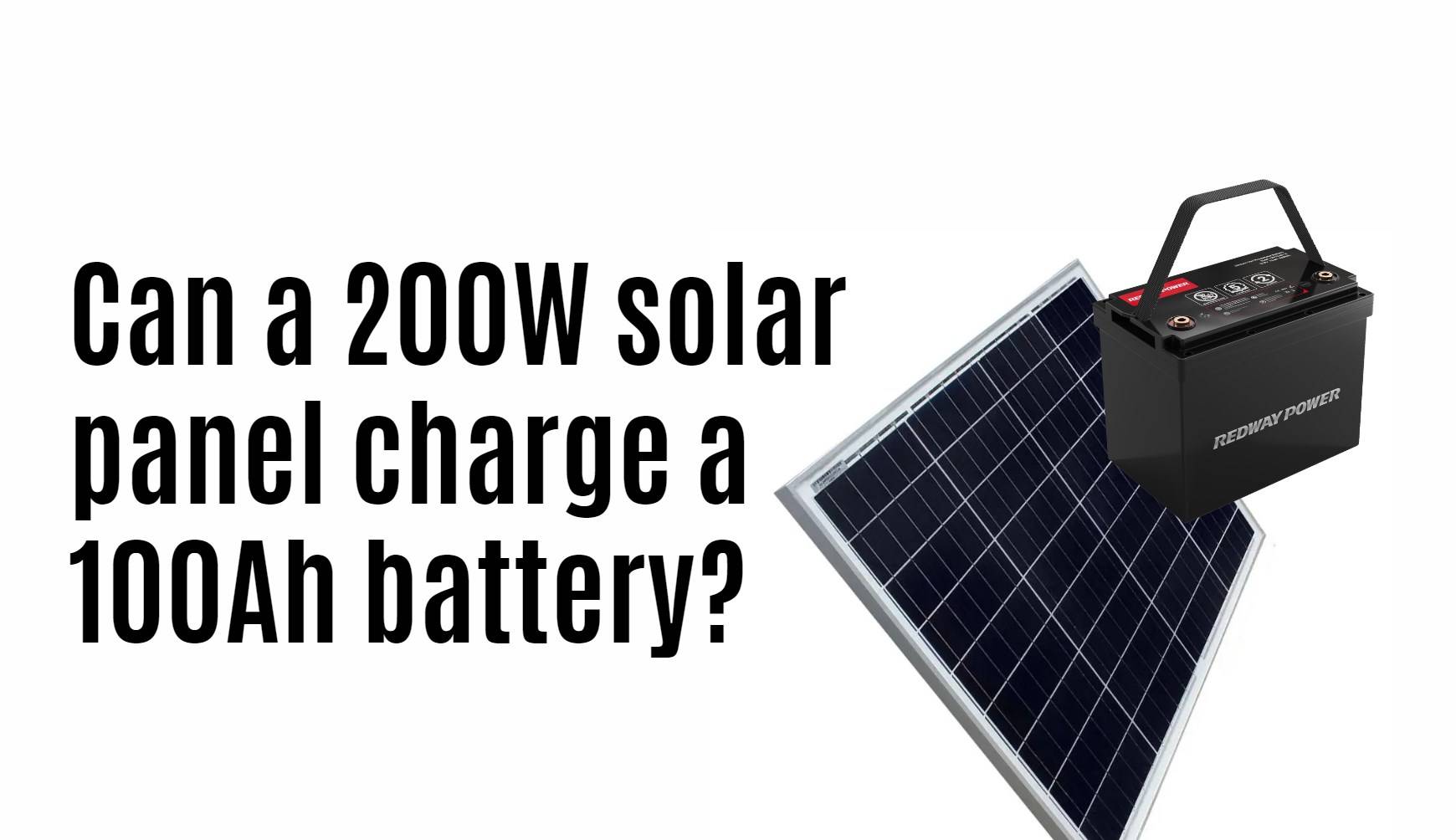
Yes, a 200W solar panel can charge a 100Ah battery, but the time it takes will depend on several factors, including sunlight conditions and battery type. Under optimal conditions, it may take approximately 1.5 to 2 days to fully charge the battery. Understanding these dynamics is essential for effective energy management.
What Is the Output of a 200W Solar Panel?
A 200W solar panel can produce up to 200 watts of power under ideal sunlight conditions. However, the actual output may vary based on factors such as:
- Sunlight Intensity: The amount of direct sunlight received.
- Panel Orientation: The angle and direction of the panel can significantly affect performance.
- Temperature: Higher temperatures can reduce efficiency.
Typically, a 200W solar panel can generate around 800Wh (watt-hours) of energy per day in good conditions, assuming about 4 hours of peak sunlight.Chart: Daily Energy Production of a 200W Solar Panel
| Sunlight Hours | Daily Output (Wh) |
|---|---|
| 4 | 800 |
| 5 | 1000 |
| 6 | 1200 |
How Long Will It Take to Charge a 100Ah Battery with a 200W Panel?
To estimate how long it will take to charge a 100Ah battery with a 200W solar panel, consider the following:
- Battery Capacity in Watt-Hours:
- A fully charged 12V 100Ah battery has approximately:
Capacity Wh =Voltage×Amp Hours=12V×100Ah=1200Wh - Charging Efficiency:
- Assume an efficiency rate of about 80% due to losses in the system (wiring, inverter, etc.). Thus, you would need around:
Effective Capacity Needed=1200Wh0.8=1500Wh - Charging Time Calculation:
- Using the daily output from the solar panel:
Charging Time days =Effective Capacity NeededDaily Output=1500Wh800Wh≈1.875 days- Therefore, under optimal conditions, it would take about 1.5 to 2 days to fully charge the battery.
What Factors Affect the Charging Time and Efficiency?
Several factors influence how quickly and efficiently a 200W solar panel charges a 100Ah battery:
- Weather Conditions: Cloudy or rainy weather can significantly reduce solar output.
- Panel Orientation and Tilt: Proper alignment towards the sun maximizes energy capture.
- Battery Condition: Older or damaged batteries may not accept charge efficiently.
- Type of Charge Controller Used: An MPPT (Maximum Power Point Tracking) controller can optimize charging efficiency compared to PWM (Pulse Width Modulation) controllers.
Chart: Factors Affecting Charging Efficiency
| Factor | Impact on Charging Efficiency |
|---|---|
| Weather Conditions | Reduces output in cloudy/rainy weather |
| Panel Orientation | Improper angles decrease efficiency |
| Battery Condition | Affects how well the battery accepts charge |
| Type of Charge Controller | MPPT controllers improve efficiency |
How Do Different Battery Types Impact Charging Requirements?
The type of battery being charged affects how you should approach using your solar panel:
- Lead-Acid Batteries:
- Require careful charging practices; overcharging can lead to damage.
- Typically need more time to charge compared to lithium batteries.
- Lithium-Ion Batteries:
- Generally charge faster and have higher efficiency.
- Can handle higher charging currents without damage.
- AGM and Gel Batteries:
- Have specific charging requirements; ensure compatibility with your charger.
Understanding these differences is crucial for optimizing your charging setup.
Can You Use Multiple Panels to Speed Up Charging?
Yes, using multiple solar panels can significantly speed up the charging process:
- Parallel Configuration: Connecting additional panels in parallel increases total wattage while maintaining voltage levels.
- Example Setup: Two 200W panels would provide up to 400W, potentially halving charging time under ideal conditions.
Chart: Charging Time with Multiple Panels
| Number of Panels | Total Output (W) | Estimated Charging Time (days) |
|---|---|---|
| 1 | 200 | ~1.875 |
| 2 | 400 | ~0.9375 |
| 3 | 600 | ~0.625 |
Tips for Battery Wholesale Buyers
When purchasing batteries wholesale or making OEM orders, it’s crucial to choose a reliable manufacturer like Redway Power, which has over thirteen years of experience in lithium battery manufacturing. They offer various lithium-ion products that serve as excellent alternatives to lead-acid batteries. To make OEM orders effectively:
- Research potential suppliers thoroughly.
- Request samples to evaluate quality.
- Discuss customization options based on your needs.
- Ensure clear communication regarding specifications and delivery timelines.
Redway Power Expert Views
“Understanding how much power your solar setup can provide is essential for efficient energy management,” states an expert from Redway Power. “By optimizing your system and using appropriate battery types, users can ensure reliable performance and longevity.”














